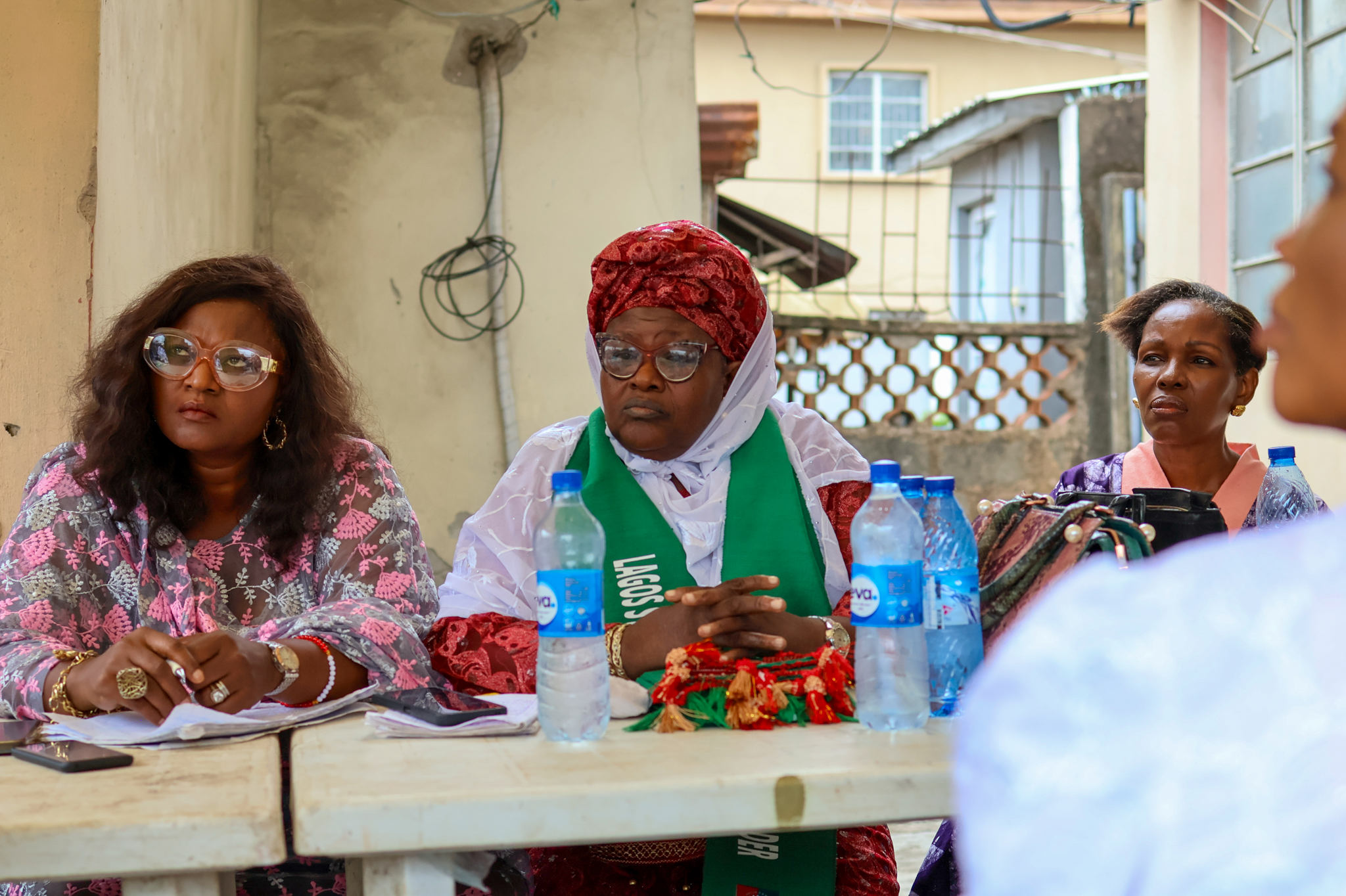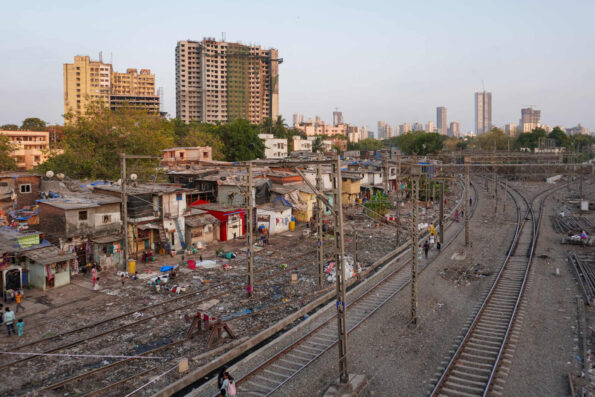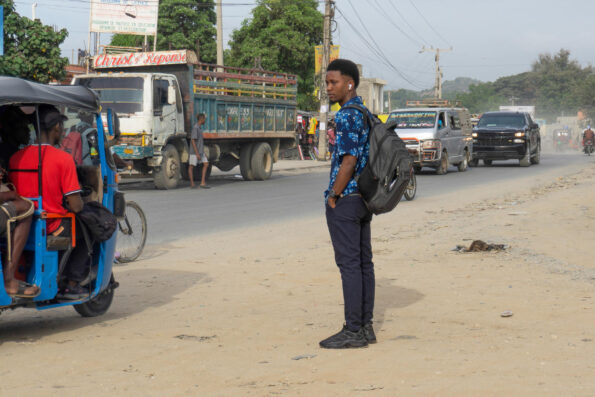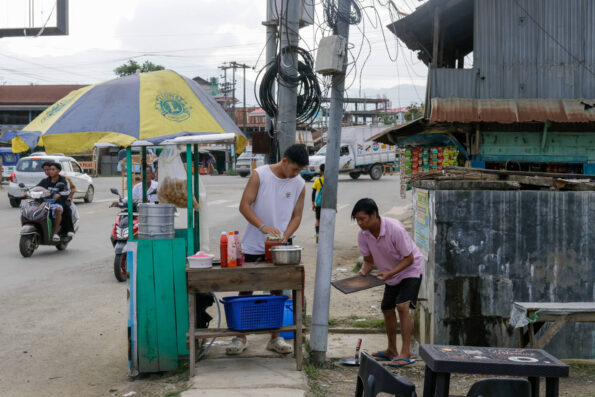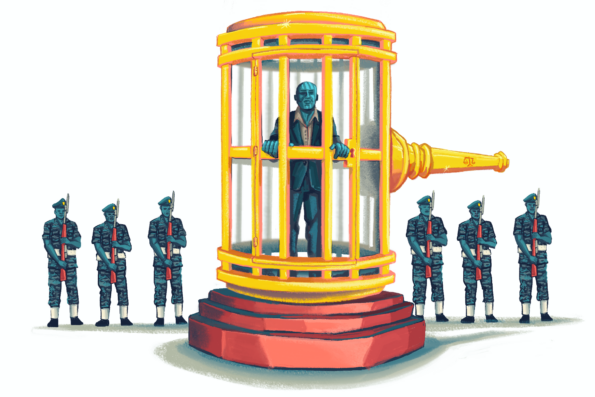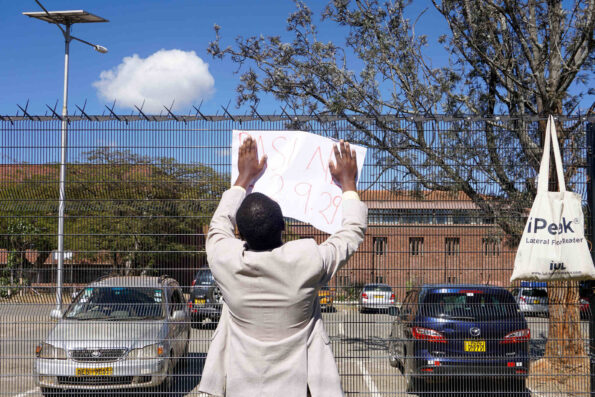LAGOS, NIGERIA — Humulikheari Taiwo Jayeola had spent four decades working on grassroots political mobilization by the time she finally received the nomination in 2024 to be the Lagos state woman leader for the Labour Party.
It was an unlikely victory. Although women make up almost half of the voting population in Africa’s most populous country, they make up just 4% of its lawmakers. There are only four women among the 109 members of the Senate. In the lower chamber, the House of Representatives, only 16 lawmakers are women, out of 360 seats.
Proposed legislation that would address the gender disparity, by adding 74 more seats exclusively for women in the federal parliaments, passed a second reading in July 2024. The next step in the process – the public hearing for the bill – is scheduled for this month. If realized, the extra seats would push women’s representation to 17%. (The bill also proposes the creation of three special seats for women in each of Nigeria’s 36 State Houses of Assembly.)
That’s in contrast to an existing affirmative action policy that, in theory, requires 35% of seats across all of government be filled by women. That policy, introduced in 2006, was upheld in court as recently as April 2022, but has yet to be implemented due to lack of political will.
To Jayeola, the situation is untenable.
“Women can achieve a lot,” she says. “The men should let us breathe. They should give us a chance.”
Jayeola says she supports the existing affirmative action policy.
Rt. Hon. Benjamin Kalu, deputy speaker of the National Assembly, introduced the new bill to add seats just for women — often called the “extra seats” bill.


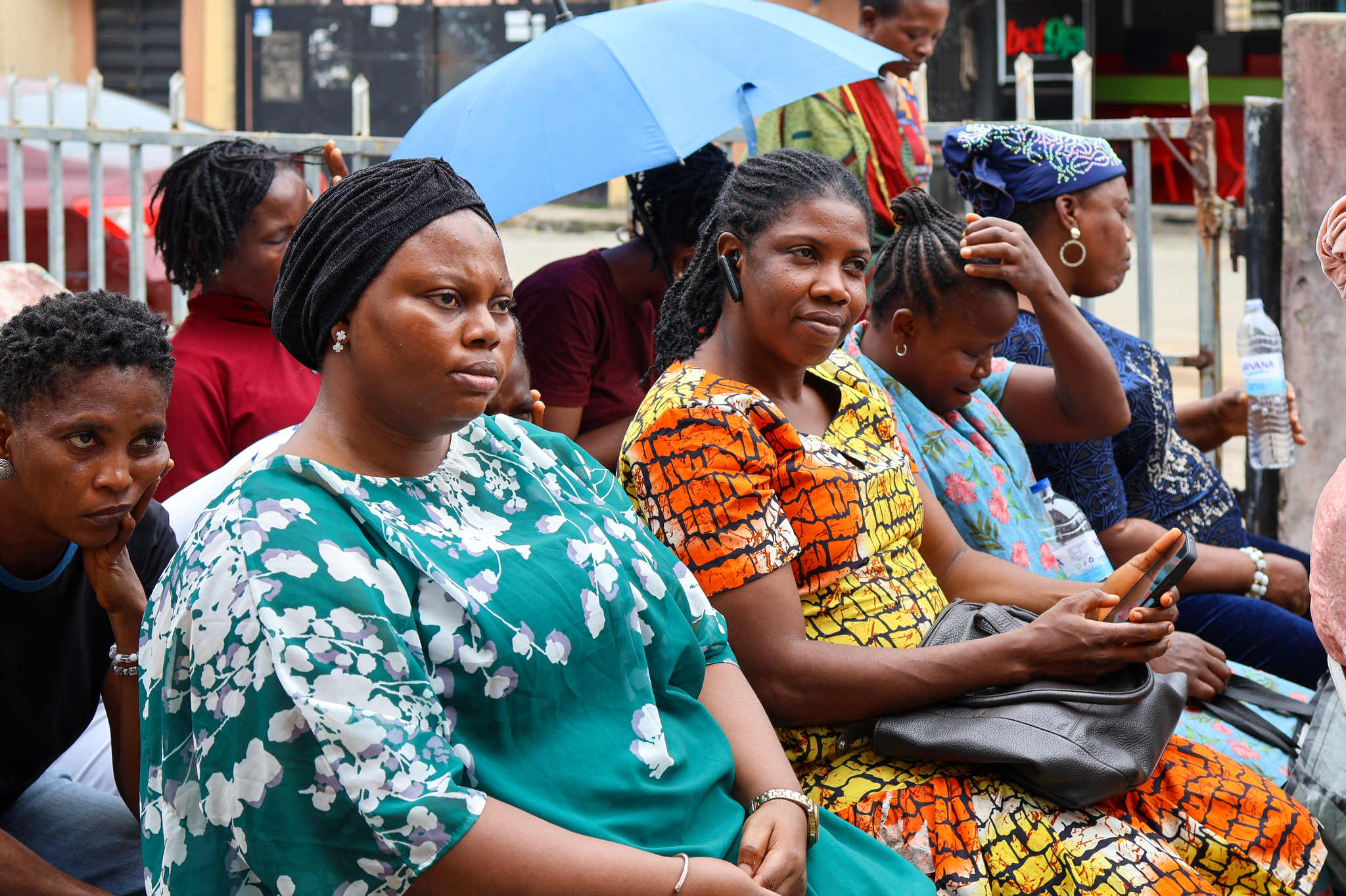
“It’s about justice, strategy and national prosperity,” he said at a recent public event.
Kalu was motivated to sponsor the bill because he sees what he believes are valuable contributions from women in Nigerian society, says Levinus Nwabughiogu, a spokesman for Kalu’s office.
“The deputy speaker is actively driving towards a solution,” Nwabughiogu says.
The new option to add seats for women is no silver bullet, some women say.
The bill may lead to the seats given to women by the ruling party, raising concerns about political puppeteering, says Okikiola Taiwo-Jalupon, who lost a race for the Lagos State House of Assembly in 2019. Plus, she says, creating additional seats would require more office space and incur extra expenses, which taxpayers would ultimately be forced to bear.
The extra seats bill is a different approach than that of other African countries, where it’s common to have a fixed percentage of existing seats reserved for women.
In Tanzania, women currently hold about 38% of all seats in the national assembly. In Kenya, women make up about 22% of parliamentarians. And in Rwanda, about 64% of seats in the lower chamber and about 54% of seats in the upper chamber are held by women.
Though opinions remain divided about how to ensure that women are represented, the debate around Nigeria’s bill underscores a strong desire among women to shift the tide of how they’re represented in politics.
The bill is a practical step toward stronger representation for women, says Dorothy Effiom, one of few women among 20 people vying for the local chairmanship ticket of the All Progressives Congress in Amuwo-Odofin Local Government Area, Lagos. She tasks women to embrace the opportunity that the bill presents, rather than fixate on its gaps.
Across Africa, three types of affirmative action are used to boost women’s representation in parliament: reserved seats, mandatory candidate quotas and voluntary party quotas. Reserved seats guarantee a portion of seats for women. Legislated quotas require parties to field a minimum number of women candidates. Voluntary quotas are adopted by political parties in their own rules or platforms.
As of 2024, 19 countries in Africa use legislated quotas, 15 reserve seats, seven rely on voluntary quotas and 13 have no quota system at all.
Nigeria ranks last among all 54 African countries for women’s representation in the lower house of parliament. As of 2023, women held just 4% of seats — the lowest on the continent. The top five are Rwanda (64%), Namibia (50%), Senegal (46%), South Africa (43%) and Mozambique (43%). In total, 1 in 4 African members of parliament is a woman.
But there needs to be more grassroots mobilization around the bill, because information has not trickled down to ordinary people, she says. “We have not discussed it in our wards and zonal meetings.”
“The 35% affirmative action bill is hard to sell,” says Ibijoke Faborode, founder and CEO of ElectHer, a nonpartisan organization working to increase women’s participation in politics. “In an ideal environment, that plan would work,” she says.
“We need to understand that for the biggest democracy and the largest economy in Africa, the custodians and the gatekeepers are not necessarily ready to welcome women,” she says.
The extra seats bill offers a first step toward the larger affirmative action policy’s vision, says Hamzat Lawal, CEO of Connected Development, a civil society organization that works to empower marginalized communities. He’s confident the bill will be approved by the president and become law.
Lawal notes that the deputy speaker of the House of Representatives and other co-sponsors are men. When men and women work together as partners, he says, meaningful change is possible.
“I am sure by 2027 we’ll see more organizing and political participation by women,” he says.
Hannah Ajakaiye is a Global Press Journal Reporting Fellow based in Nigeria.

